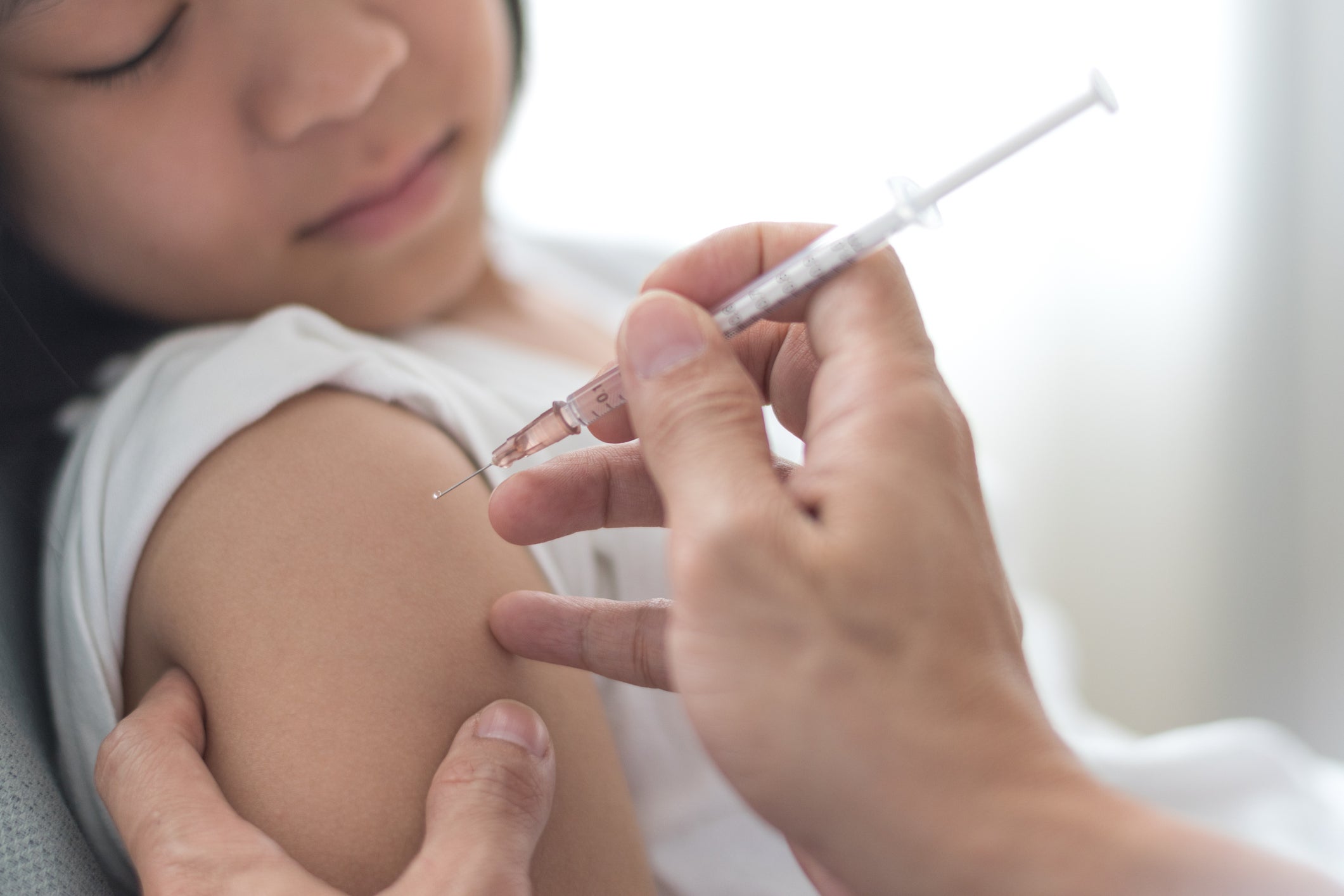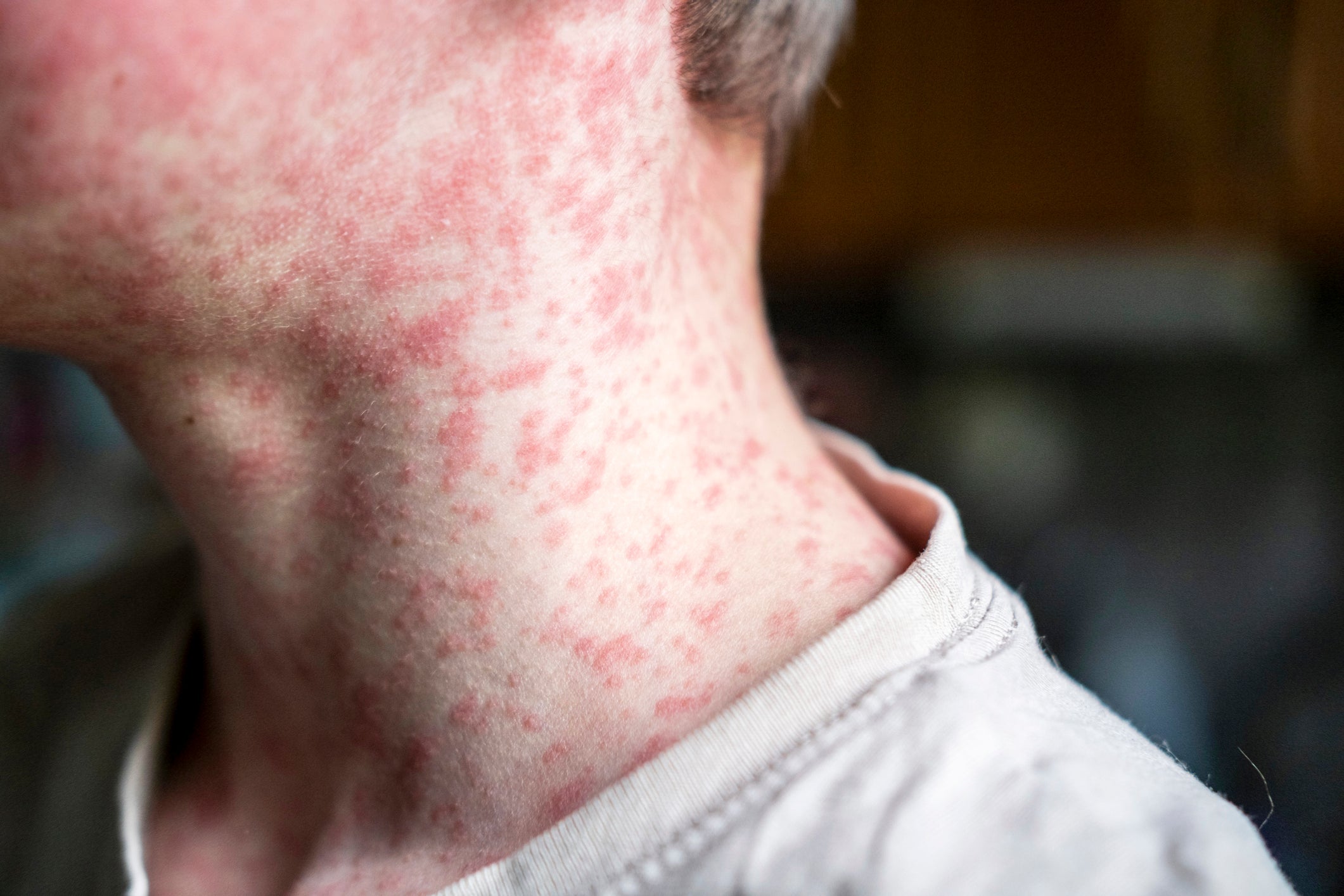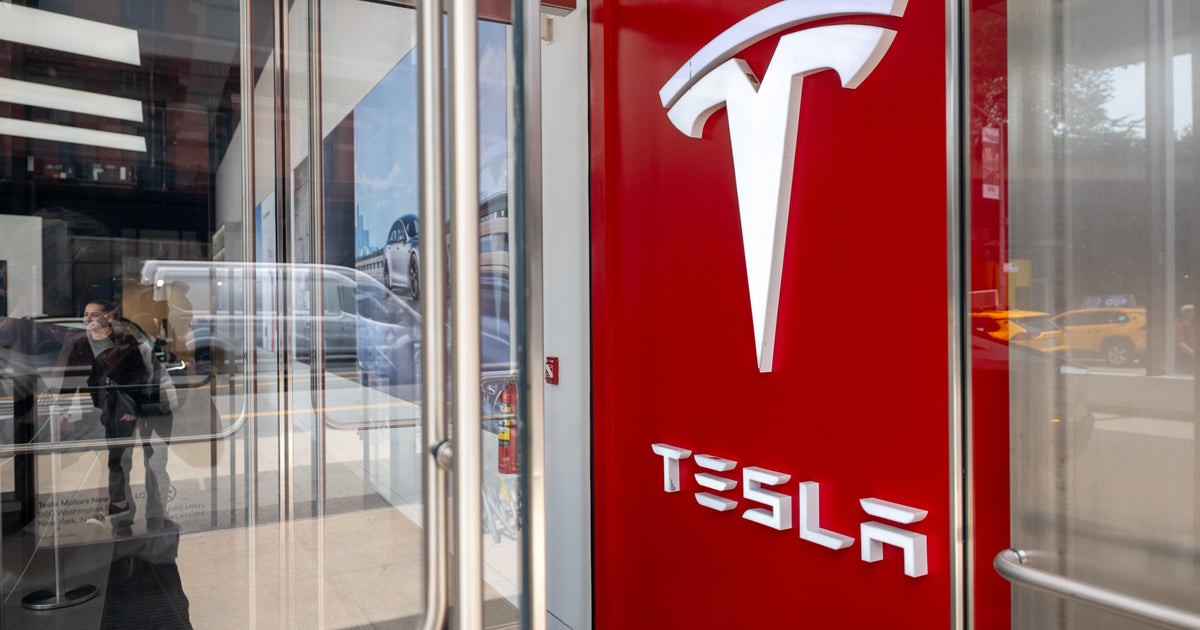Six ‘stubborn’ barriers stopping parents from vaccinating their children

A new report has revealed the “stubborn” barriers preventing parents from vaccinating their children as the UK’s vaccination rates continue to decline.
The uptake of vaccines in the UK has stalled over the last decade and is, in many cases, declining.
None of the routine childhood vaccinations have met the target for 95 per cent coverage since 2021, meaning youngsters are at risk of catching illnesses such as measles, meningitis and whooping cough.
The Royal College of Paediatrics and Child Health (RCPCH) has found that while some families are hesitant to vaccinate due to fears about the jabs, many face issues that could be resolved with more support.
Key themes in the RCPCH study were that some people have difficulty booking appointments, especially ones that fit around work and childcare. Parents also reported inconvenient clinic locations and the high cost of public transport to get to appointments.
There is also a lack of continuity of NHS care, with many parents seeing a different GP or clinician at each visit.
The absence of health visitors was also “especially significant” as it is often individual family circumstances that influence vaccination decisions.
The report also noted a lack of reminders from GP surgeries about upcoming jabs, and a lack of digital records, meaning parents and NHS staff could not easily see which jabs children had had.
Parents also feared being judged for raising concerns about vaccines or having beliefs in alternative medicine, the study found.

Researchers noted a growing disparity in vaccine uptake among some ethnic minority groups, socio-economically disadvantaged families and migrant communities. They face language difficulties, digital exclusion, and challenges in navigating the NHS, the study found.
The report suggested that parents do not always have the information they want or need about vaccines, and that health professionals need more training on how to approach conversations about jabs.
Health professionals interviewed for the study also said there was a need for more pro-vaccine messages on social media, including using influencers to spread the message about why jabs are important.
“Public health campaigns should be countering misinformation in the places where parents/carers/young people are seeing it – on social media,” the report said.
“More needs to be done to share positive messages about vaccination and the benefits of getting vaccinated.”
The report also recommended making education on vaccinations “a mandatory part of young people’s personal health lessons, teaching young people about the public health benefits of vaccination, the science behind how vaccinations are developed and the serious health consequences of catching some of the vaccine-preventable diseases.”
RCPCH officer for health improvement, Dr Helen Stewart, said the UK’s steady declines in vaccination rates were “extremely concerning”.
“Parents are often blamed for vaccine hesitancy, but the reality is that there are many who simply need better support and easier access to appointments,” she said.
“With the right guidance and access, they’d gladly protect their children with these essential vaccines. If we are ever to truly tackle low uptake, then we must first ensure that everyone who is willing to be vaccinated is able to do so quickly and easily.”

Alison Morton, chief executive of the Institute for Health Visitors, said: “Whilst most parents get their children vaccinated without hesitation, the widening inequalities and decline in vaccine uptake rates are a national cause for concern.
“This timely report presents a compelling case to ensure babies and children are protected against serious diseases that were once feared by families and can cause so much unnecessary harm.”
Dr Julie Yates, deputy director for immunisations programmes at UKHSA, said: “We know our colleagues in general practice and other services are working exceptionally hard to deliver our immunisation programmes and through their efforts they protect millions of children each year.
“However, we must not become complacent, and UKHSA is committed to working with the NHS and partners to improve childhood vaccine uptake.
“Despite the challenges, it is also important to note that parents have high confidence in vaccinations, with almost 90 per cent agreeing that vaccines are effective.
“The NHS England vaccination strategy is already working to improve the ‘front door’ to vaccination, ensuring more flexible appointment booking systems, making vaccines more widely available across locations, making access easier and ease of responding to the specific needs identified within each community.”
[title_words_as_hashtags




